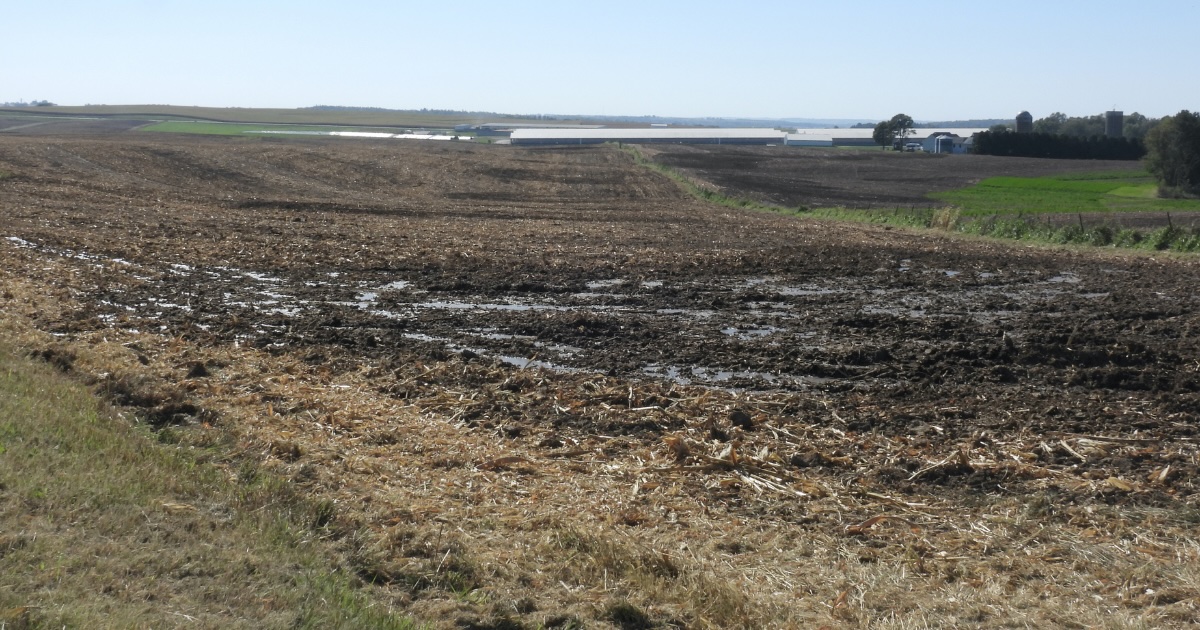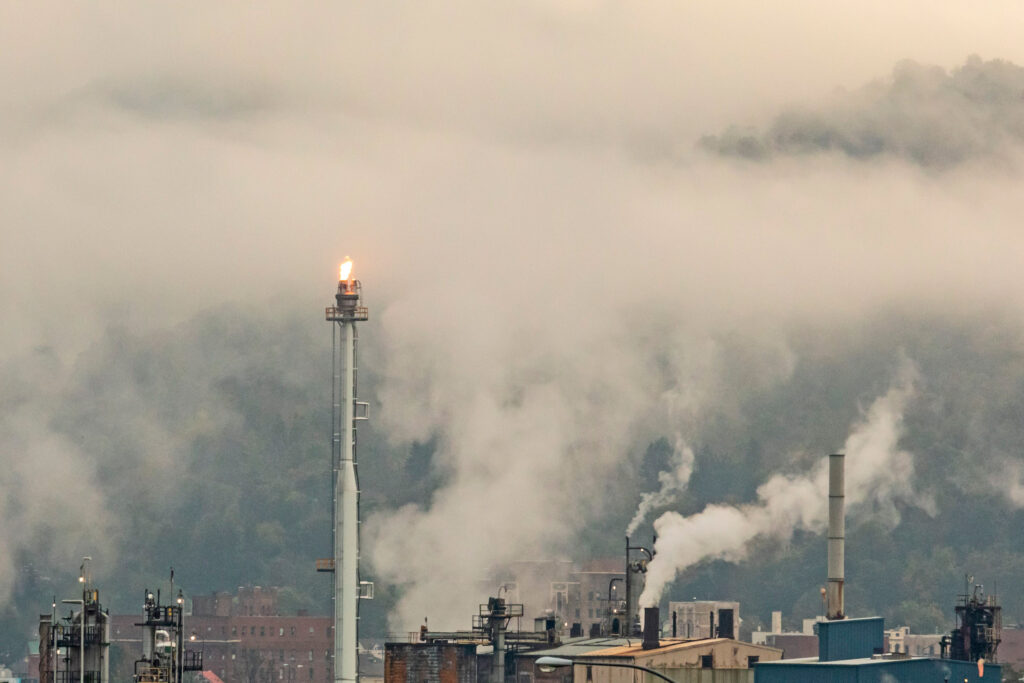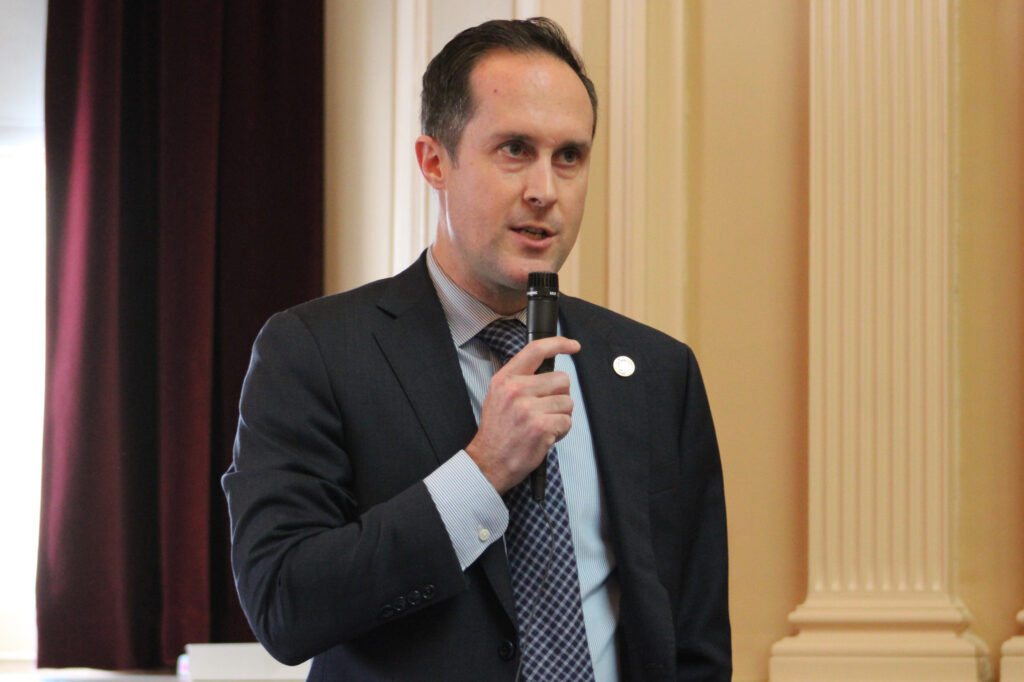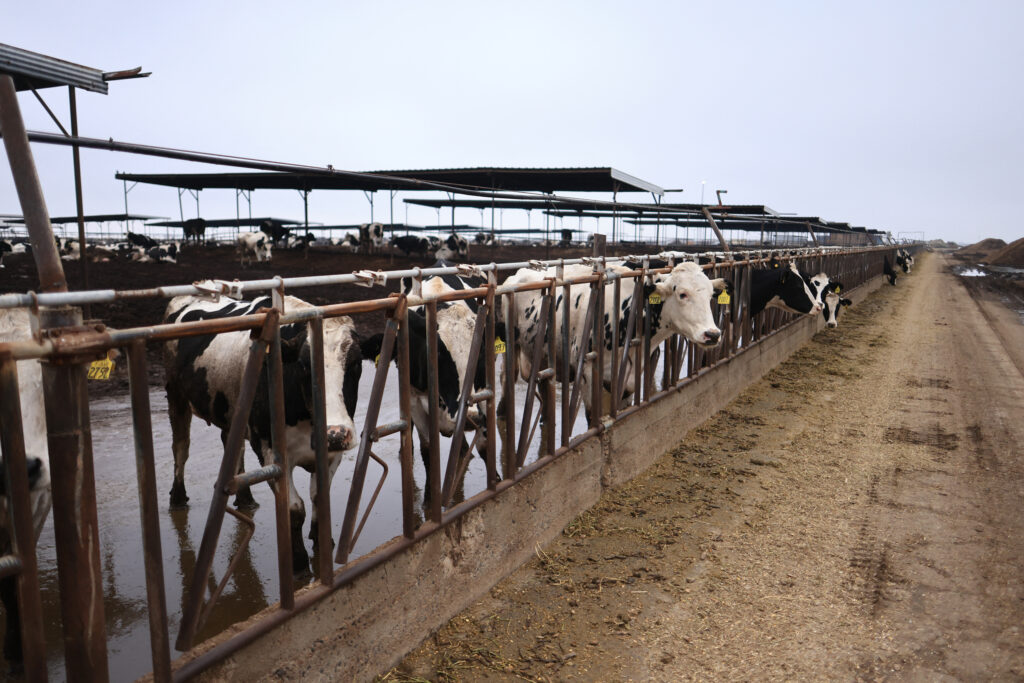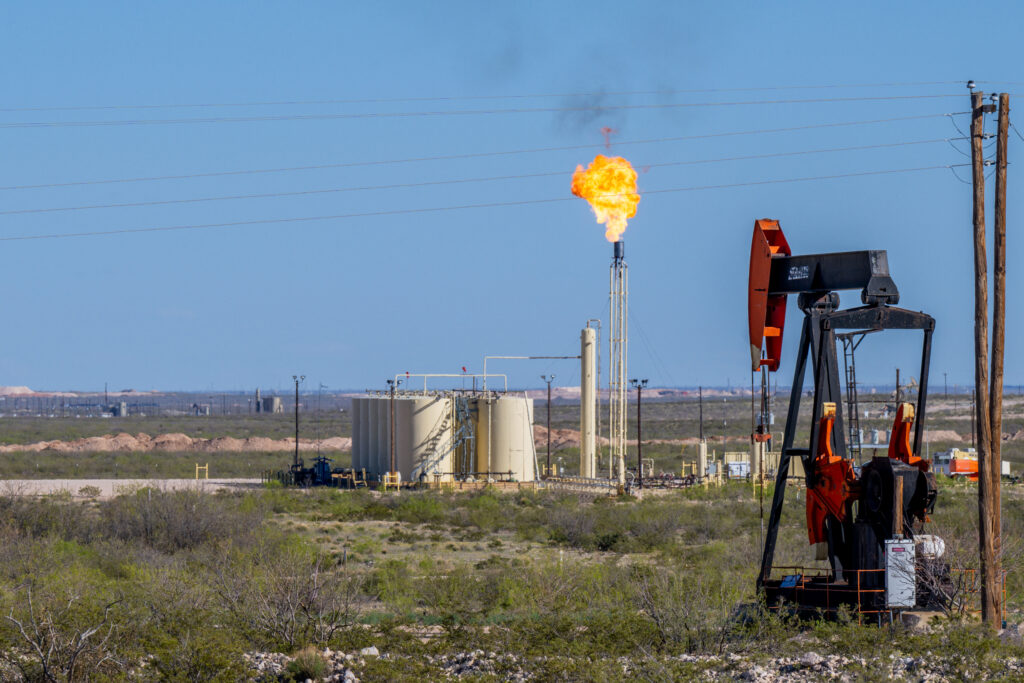The Trump administration announced Friday that it was terminating a historic settlement aimed at improving wastewater treatment services for Alabamians in majority-Black communities harmed by raw sewage, calling the agreement an “illegal DEI and environmental justice policy.”
The announcement came two years after the departments of Justice and Health and Human Services under the Biden administration negotiated the settlement with Alabama officials. It represented the first time in U.S. history that federal civil rights laws had been used to alleviate an environmental injustice.
Catherine Coleman Flowers, a Lowndes County native whose civil rights complaint led to the 2023 settlement, has fought for years to help improve the lives of residents of the Alabama Black Belt. The Trump administration, in its announcement, said Lowndes County had been made a “target.”
“The DOJ will no longer push ‘environmental justice’ as viewed through a distorting, DEI lens,” said Assistant Attorney General Harmeet K. Dhillon of the Justice Department’s Civil Rights Division. “President Trump made it clear: Americans deserve a government committed to serving every individual with dignity and respect, and to expending taxpayer resources in accordance with the national interest, not arbitrary criteria.”
We’re hiring!
Please take a look at the new openings in our newsroom.
See jobs
The announcement also noted that the Department of Justice is “working quickly to close such cases in compliance with the Attorney General’s directive.”
In Lowndes County, about 40 miles southwest of Montgomery and 130 miles south of Birmingham, the region’s majority-Black residents have long suffered from inadequate sewage treatment, often resorting to so-called “straight piping,” where untreated sewage flows from residents’ toilets into their yards, where children often play. Around 72 percent of Lowndes County residents are Black, according to census data.
Following the civil rights complaint filed by Flowers and others arguing that Alabama had discriminated against Black residents by failing to provide adequate sanitation services, leaving residents exposed to raw sewage, the U.S. Department of Justice initiated a probe into the state’s alleged inaction.
As part of the eventual agreement, the Alabama officials agreed in May 2023 to suspend the enforcement of sanitation laws that could result in criminal penalties or jail time for lacking the ability to afford septic systems. The Alabama officials also agreed to launch a public health awareness campaign and conduct a comprehensive assessment of appropriate septic and wastewater management systems, prioritizing properties based on risk exposure to raw sewage.
It was not immediately clear following Friday’s announcement what impact the “termination” will have on the ground in Lowndes County.
The Alabama Department of Public Health, the agency required to implement the sewage improvements, said it would continue working to address the sanitation issues in the Black Belt as funding allows.
“The installation of sanitation systems and related infrastructure is outside the authority or responsibilities conferred upon ADPH by state law,” Ryan Easterling, the Department of Public Health’s spokesman, said in an email. “Nonetheless, ADPH will continue working with subgrantees on installation of septic systems as contemplated by the Interim Resolution Agreement until appropriated funding expires.
“After that time, ADPH will support and be available to provide technical assistance to other organizations that may choose to engage in this work,” Easterling said.
In the past, state public health officials have said that sewage issues in the state’s rural areas were always on their radar—they simply didn’t have the financial ability to remedy them.
“It’s never been for lack of knowing about it,” Dr. Scott Harris, the state’s top health official, said in 2023. “It’s just that we’ve just never had the ability or resources to do anything about it.”
In a statement sent to Inside Climate News, Coleman Flowers said that she hopes the termination of the settlement agreement means that the Trump administration plans to focus on providing all Americans with access to adequate sanitation.
“Resilient and sustainable sanitation is a problem in rural communities across the US,” Flowers wrote. “The people of Lowndes County exposed this issue to the American public. I pray that today’s action means that this administration will make sanitation a priority for all who are affected throughout rural America.”
Sherry Bradley, who created the Black Belt Unincorporated Wastewater Program after retiring from the ADPH, said she had not heard about the termination of the settlement and did not know if it would impact her group, which helps low-income families in Lowndes County install working sewage treatment systems.

Conditions in the Black Belt, which spans as many as two dozen counties in south-central Alabama, and in Lowndes County in particular, have been widely criticized for years.
Following a visit to Alabama in 2017, Philip Alston, the United Nations special rapporteur on extreme poverty and human rights, characterized the situation in the Black Belt as a result of racism and the demonization of the poor.
This story is funded by readers like you.
Our nonprofit newsroom provides award-winning climate coverage free of charge and advertising. We rely on donations from readers like you to keep going. Please donate now to support our work.
Donate Now
“In Alabama, I saw various houses in rural areas that were surrounded by cesspools of sewage that flowed out of broken or non-existent septic systems,” Alston wrote after the visit. “The State Health Department had no idea of how many households exist in these conditions, despite the grave health consequences. Nor did they have any plan to find out, or devise a plan to do something about it.”
The challenges around adequate sewage treatment in the region are both technical and economic. Alabama’s Black Belt has thick, clay-laden soil that often renders traditional septic systems inoperable because water cannot easily seep below the surface. The area is also too rural for larger sewer systems to be cost effective, and has some of the highest poverty rates in Alabama.
DOJ officials have not yet responded to questions about what actions they have taken or plan to take to ensure access to adequate sanitation for all Americans, regardless of race.
U.S. Rep. Terri Sewell, a Democrat, said in a statement that the agreement terminated by President Trump “had nothing to do with DEI.”
“It was about addressing a public health crisis that has forced generations of children and families to endure the health hazards of living in proximity to raw sewage, as the DOJ itself documented,” Sewell said. “By terminating it, the Trump Administration has put its blatant disregard for the health of my constituents on full display.
“Access to adequate wastewater infrastructure is a basic human right. Without support from the Trump Administration, it is vital that the Alabama Department of Public Health continue to do its part to remedy this injustice. I will continue fighting to address Alabama’s rural wastewater crisis and get our communities the infrastructure they deserve.”
Republican Sens. Katie Britt and Tommy Tuberville did not immediately respond to requests for comment.
About This Story
Perhaps you noticed: This story, like all the news we publish, is free to read. That’s because Inside Climate News is a 501c3 nonprofit organization. We do not charge a subscription fee, lock our news behind a paywall, or clutter our website with ads. We make our news on climate and the environment freely available to you and anyone who wants it.
That’s not all. We also share our news for free with scores of other media organizations around the country. Many of them can’t afford to do environmental journalism of their own. We’ve built bureaus from coast to coast to report local stories, collaborate with local newsrooms and co-publish articles so that this vital work is shared as widely as possible.
Two of us launched ICN in 2007. Six years later we earned a Pulitzer Prize for National Reporting, and now we run the oldest and largest dedicated climate newsroom in the nation. We tell the story in all its complexity. We hold polluters accountable. We expose environmental injustice. We debunk misinformation. We scrutinize solutions and inspire action.
Donations from readers like you fund every aspect of what we do. If you don’t already, will you support our ongoing work, our reporting on the biggest crisis facing our planet, and help us reach even more readers in more places?
Please take a moment to make a tax-deductible donation. Every one of them makes a difference.
Thank you,








